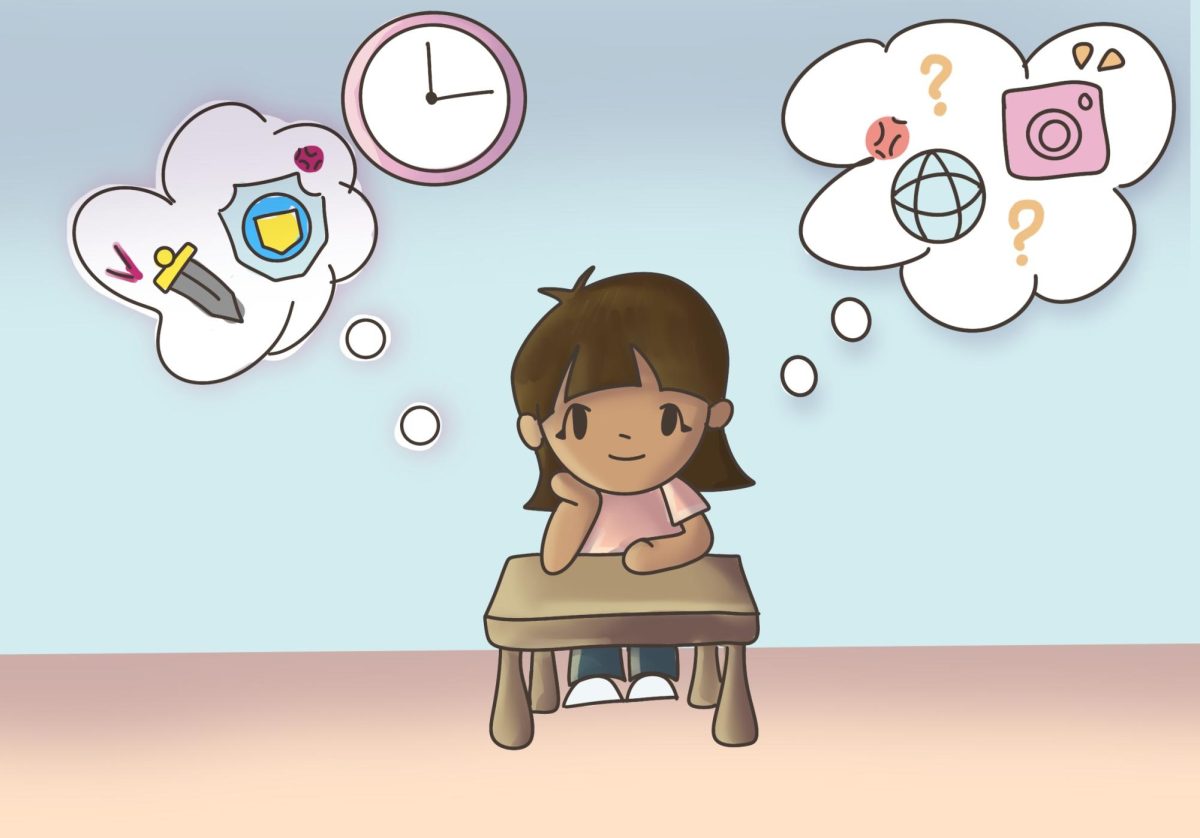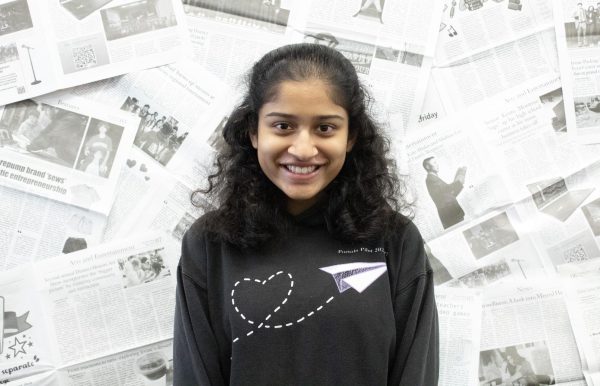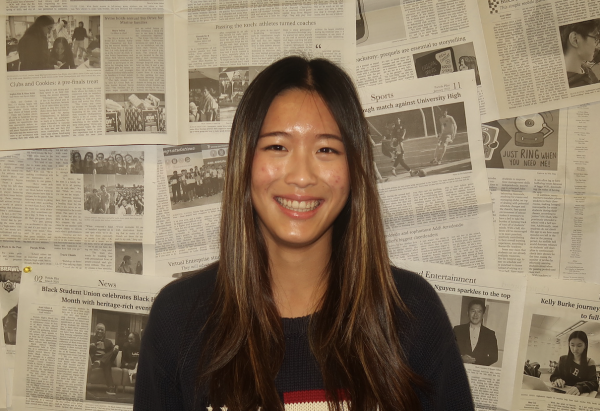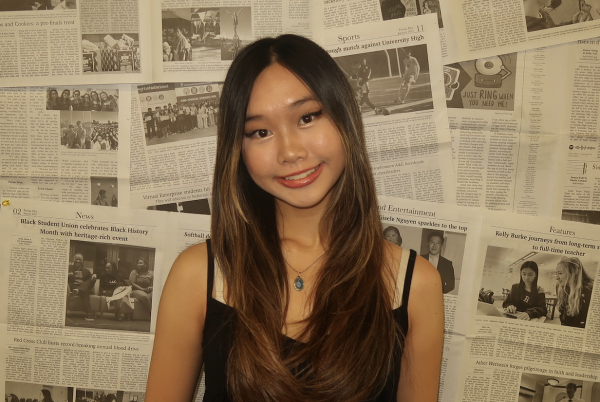With the rise of social media, students are increasingly susceptible to echo chambers that reinforce their pre-existing beliefs. Students should reference trustworthy news sources and stay up-to-date on current world events
Despite the fact that not all social media posts are neither fact-checked nor unbiased, nearly 75 percent of students say social media is the most popular way to get news, according to the Family Online Safety Institute.
Students may believe that because they are not near a conflict, they can distance themselves from it, especially with ongoing global conflicts such as the Russia-Ukraine War and the Israeli–Palestinian conflict. In reality, immigrants and refugees in many local communities are personally connected through shared cultural backgrounds. Additionally, the spread of misinformation on social media can lead people to form opinions and make decisions inaccurately, according to social studies teacher Natasha Schottland.
“I talked to my students about how to research topics,” Schottland said. “I show them sources that Portola has like the Learning Commons and our databases that the school and the district pay for that really filters out a lot of [false] information.”
For Model United Nations co-president and senior Ana Girnita, having family members in Romania living under an oppressive system affected by the Russia-Ukraine War empowered her to learn more about international relations. She found her voice for advocacy by learning about other countries’ issues as a delegate at MUN conferences.
“It really became a huge emotional thing for me, and it made me realize the importance of staying aware of all the things that are happening because you never know what is going to happen,” Girnita said. “[MUN] was an opportunity for me not just to compete but to learn more about a myriad of different topics and talk to people and try to come up with creative ideas for solutions.”
After doing their research from reputable sources, students will not only understand global issues but also be able to form more informed opinions. Even if students are not directly affected, understanding these conflicts helps them recognize their impact on real people, according to Girnita.
“I feel like the general public likes to oversimplify issues and think one way or another about global conflicts,” National History Day vice president and junior Alex Lingerfelt said. “Say one side is right, and the other side is 100 percent wrong. The problem is that with global issues, that is rarely the case.”
The first step to gaining awareness involves being informed about geopolitics by examining reputable sources that provide information about relevant global conflicts. Students can access credible and unbiased news sources by using the AllSides Media Bias Chart, which evaluates news outlets’ political leanings. For instance, the Learning Commons provides students with a treasure trove of resources, such as non-fiction books and access to databases.
Staying informed through reliable sourcing maintains awareness of the issues that affect us all. Understanding the complexities of global conflicts will allow us to be able to take action and play a role in shaping our future.






